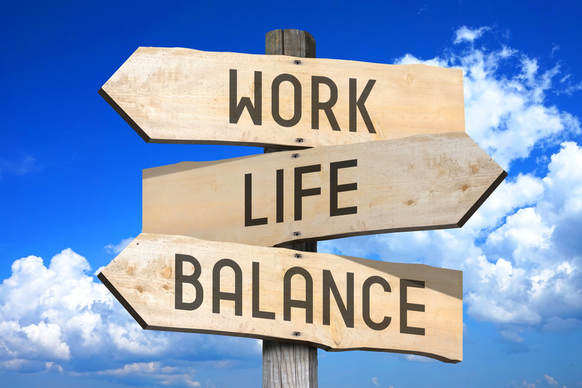Today marks the start of Anti Bullying Week. Bullying is typically associated with school and the playground, but it’s something that can be experienced by anyone at any point in their lives. As an adult, how can you recognise bullying behaviour and what can you do to manage it?
Adult bullies will usually have a pattern of abusive behaviour. This behaviour may include:
- being verbally or physically aggressive
- being dismissive or ignoring
- using displays of power to intimidate or silence
- belittling
- undermining
- ostracising or excluding
Ultimately, these bullying behaviours are used with a desire to hurt another person and/or to gain a sense of power or control.
You may experience bullying from people you know at home, at work, in relationships, from friends or from social acquaintances such as neighbours. Or it can be from individuals you don’t know such as sales people or online trolls. Bullying behaviour doesn’t have to be done face-to-face. It can also happen by telephone, email, text message, letter and/or social media. And it can be carried out by groups as well as individuals.
Adult bullies can often be more subtle in how and when they bully others than childhood bullies. They may hide their behaviour behind public displays of kindness or generosity. Or they may be shielded by their authority, money or power. As a result, it may not be apparent to those around you that you’re being bullied.
If you experience bullying, there are things you can do.
1) Tell someone
Speak to someone you trust and let them know what’s happening. This can feel difficult to do as bullying can create feelings of shame, guilt, fear and embarrassment. You may also feel isolated from others and have reduced self-confidence and self-esteem. But continuing to be silent allows bullies to view their behaviour is succeeding. By regaining your voice, you are regaining control.
You could speak to a friend, family member, counsellor or to a confidential helpline such as the National Bullying Helpline. Additional sources of support for bullying in the workplace (depending on who in the workplace is bullying you) include colleagues, your line manager, the Human Resources team, a trade union representative or ACAS.
If you have fears for your safety you can also contact the police, a legal representative, or ring 999.
2) Keep a record
Keep a note of times, dates and places where the bullying takes place. And keep copies of written communication. This may be useful for any supervisory/disciplinary/legal proceedings.
3) Get witnesses
If possible, arrange for someone to be nearby when you know you’re going to see the bully, so they can see/overhear the encounter. Not only will this be helpful in any proceedings against them, it can also make you feel less alone.
4) Don’t react
Bullies often look to provoke a reaction. By remaining calm and in control you are removing a potential stimulus for their aggression and provocation. Likewise, being assertive will help to counter bullies who are looking to dominate and make you submissive to their demands.
5) Remember your rights
You have a right to feel safe and respected. You are entitled to have and to express your own opinions and needs. And you have a right to be happy. If another person is intentionally doing something that’s preventing any of these, tell someone and seek help and support. And remind yourself that no-one is entitled to control your life except you.



 RSS Feed
RSS Feed